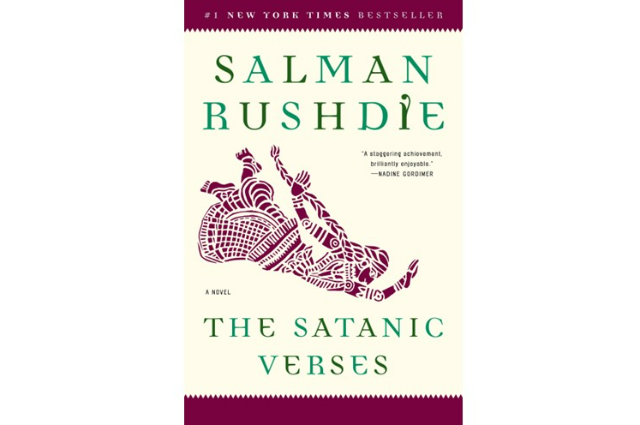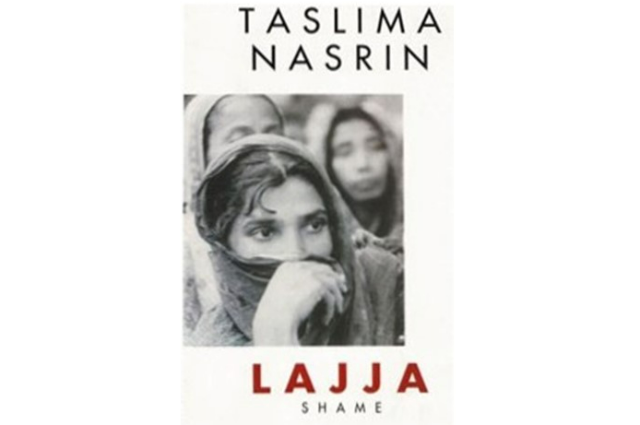
“Mother died today. Or, maybe, yesterday; I can’t be sure.” - Opening lines of Albert Camus’s THE OUTSIDER
I was curious about what elders read, from a very early age. More so, when I witnessed others closing a book shut, as soon as I approached them. I was yet to step into my teens.
Books, by their very own right, open up a vista of magic, of secret charm and of, heretofore, unexplored terrains. They hold a special appeal to children when the latter are told not to open certain books. Books meant for adult readership, are of course strictly forbidden for juvenile eyes. But that did not hold true so far as I was concerned. I had a very inquisitive temperament. Curiosity soared when barred entry.
One day, one of my paternal uncles gifted a book to a relative at whose place we had gone to stay on a vacation. I was present there. As I was leafing through the book, the writer (my uncle) reprimanded me. I had committed a crime – a taboo act – by opening up an adult book. I was even chided by my parents.
Inquisitiveness leads to discovery. We always open up the pages of a book, out of curiosity. We sit down upon a stool at a bookstore, after having picked up a book. The publishing industry is a boon for readers and writers alike. But with the advent of Kindles and E-Readers, these maverick yeomen are churning up ebooks now. But if you ask any bibliophile, they’d tell you that physical editions are more enticing than the sameness of ebooks.
But some books are more read than others, Excluding the classics, these are (believe it or not!) the ones that faced some form of censorship. Authors of books that speak about sensitive issues or about illicit relationships not sanctioned either by society or by the authorities, gain worldwide popularity. Because , again, the readers, informed by the press, get curious.
D.H.Lawrence, who wrote about the effects of industrialization and modernity, wrote his last novel, Lady Chatterley’s Lover, and it was privately published in 1928 in Italy and in 1929 in France. It faced an obscenity trial against its publisher, Penguin Books, who ironically won the case and the book went on to become a bestseller. Lawrence, whose forte had been in dealing with human relationships, came full circle with the publication of this novel. Even in his short stories, the writer had explored the vibrancy residing in working class lives. Lady Chatterley’s Lover was banned even in our country as well. The entire concept of obscenity has changed very much since those days. Lawrence was progressive and daring in his thoughts and perceptions which were reflected in his writings. Hence it was taboo to read his novels in some countries then. But a lot has changed since then. Now, the novel has become an intrinsic part in gender studies and issues concerning women’s rights.
No. I haven’t read The Satanic Verses by Salman Rushdie till now. The same book for which he was issued a fatwa by Ayatollah Khomeini. The writer had gone into hiding in the United Kingdom. This Booker of Bookers’ Prize winning author, later recounted those days in his book Joseph Anton: A Memoir. The Satanic Verses was Rushdie’s fourth novel and was published in 1988. Inspired by the life of Prophet Mohammed, he had used magic realism, much in the way that Gabriel Garcia Marquez used the genre in his books, years before. But I did read his Midnight’s Children and had thoroughly enjoyed it. The ‘tick-tock’ of the final hours of the colonial rule was brilliantly encapsulated by this Mumbai-born ‘midnight’s child’ . [Rushdie himself was born in 1947.]

The Bangladeshi writer Taslima Nasreen had similarly faced mountain of protests and dissent when her novel Lajja (Shame) was published. She continues to pour fire through and by her pen which has hardly been laid to rest since then. Amid death threats, she was forced to flee from her own country and lead a life of exile. In January 2008, she had been selected for the Simone du Beauvoir award for her fight for women’s rights. But she declined t go to Paris to receive the award, stating “I don’t want to leave India at this stage and would rather fight for my freedom here.” Society has changed a lot. Lajja was a banned book then and it was taboo to be seen holding it.

In paper and in public discourse, we pretend to be inclusive. We tell others that we are open to ideas, new thoughts and are averse to divisive and sectarian feelings. But in actuality, we are not open to newer ideas. With fundamentalism on the rise, artists and litterateurs need to be more vocal about their opinions. Like the flow of a river, art and literature cannot and should not be caged. It is futile to exercise curbs on the free rein of thought. In fact it is taboo to even attempt to construct borders in an act of segregation.
My father had been a painter. So I know the art fraternity to some extent. When M. F. Husain had to leave the country, and lead a life of an exile, merely because he had painted one of our goddesses in the nude, I was amazed as the art world was stunned into silence. Breaching religious sentiments can have far-reaching consequences. There had been very little protests from the artist community. The latter, quite significantly, kept mum most probably because they were afraid about their own lives too.
Like all rules that are broken everyday, it is generally regarded that it is taboo to utter a lie. But how much do we adhere to it? Sigmund Freud, the father of modern thought, had speculated that only two universal taboos exist in this human world – incest and patricide. The Greek tragedy, Oedipus Rex by Sophocles, is about patricide. The play which had preceded Antigone, gave rise to the ever-popular literary and psychological jargon – the ‘Oedipus complex’. The tragic hero had killed his father and married his mother, thus inviting a lifetime of torment.
Shakespeare had dealt with incest in his longest play, Hamlet- Prince of Denmark. Hamlet’s uncle Claudius kills Hamlet’s father in order to marry his mother. The play is considered to be the most powerful and influential works of world literature, and is open to endless adaptations, which keeps growing with the passage of time.
Literature can never be fettered with chains, quite literally. It is the power of literature to soar above all chains of objections, of public dissent, and also of social taboos. We have come to an age when these taboos are passe. These are nothing but social constructs that allow a handful of people to exert power and influence over others. Taboos and social decorum are entirely different spheres. While taboos are essentially man-made, decorum is followed by all for health and hygiene. It’d be wrong to confuse our minds with the two.
